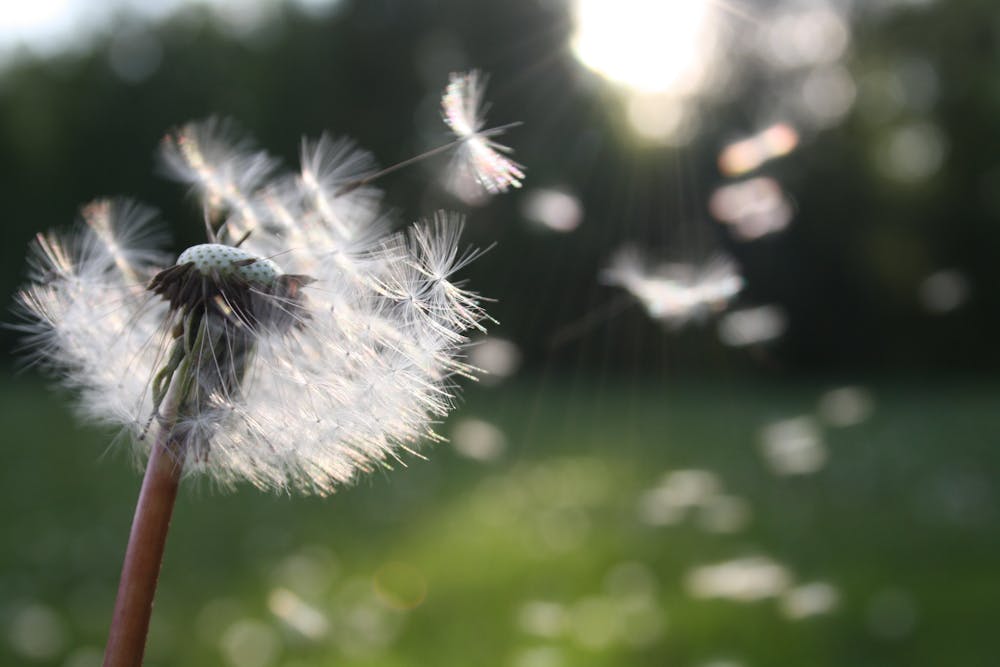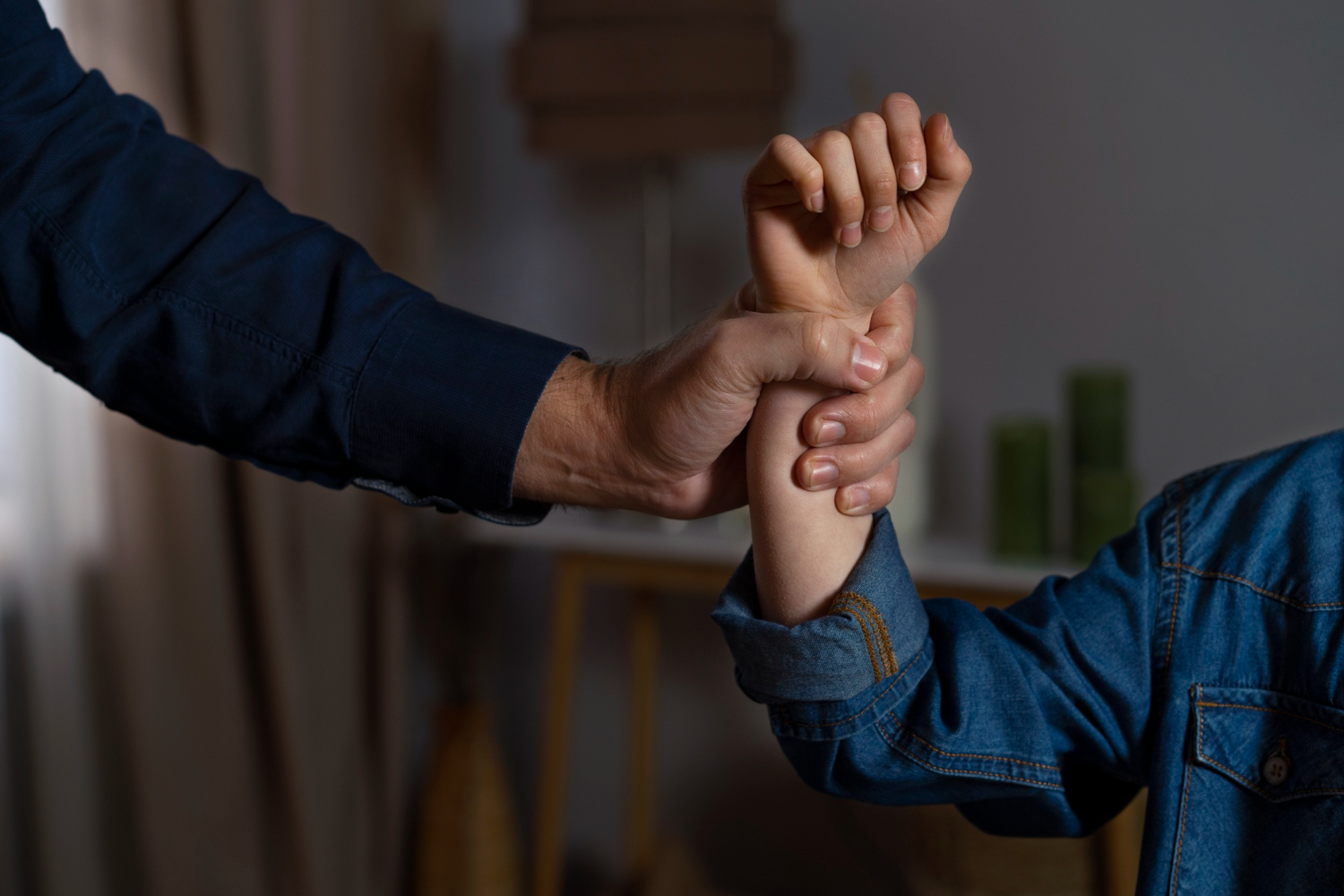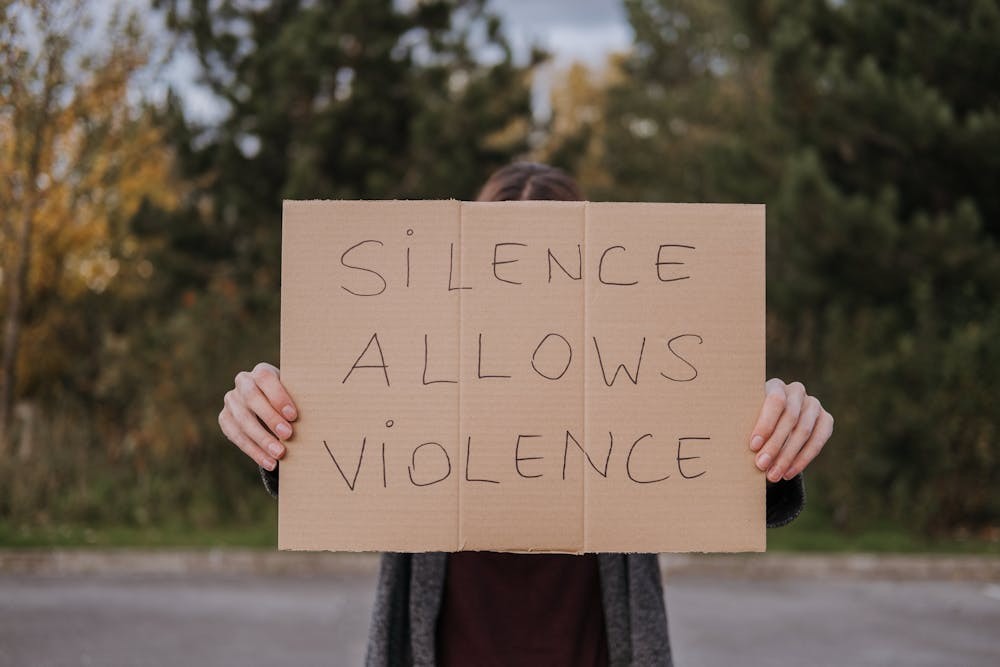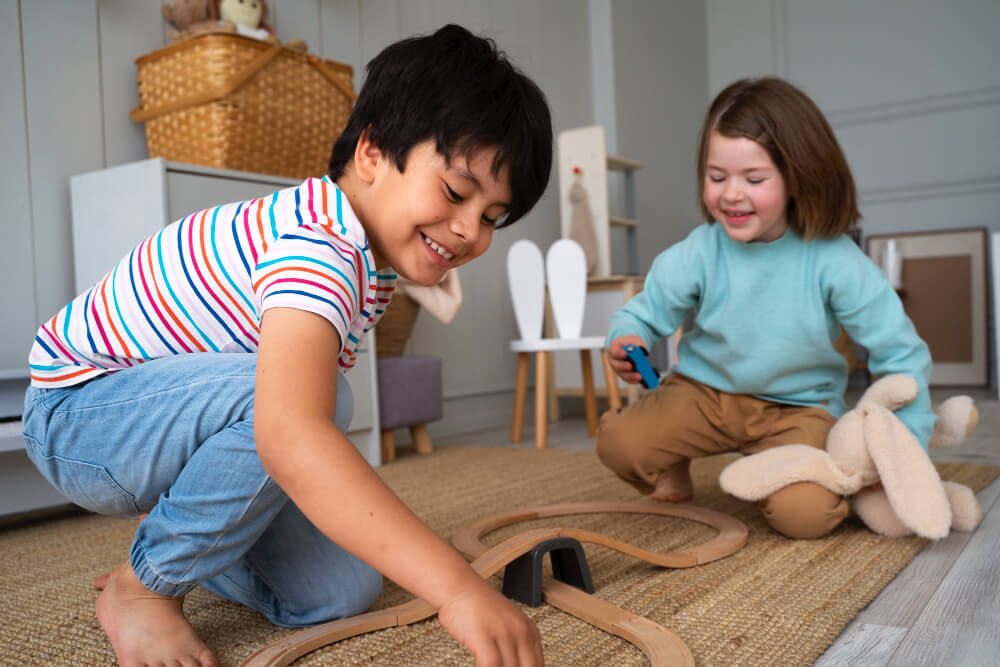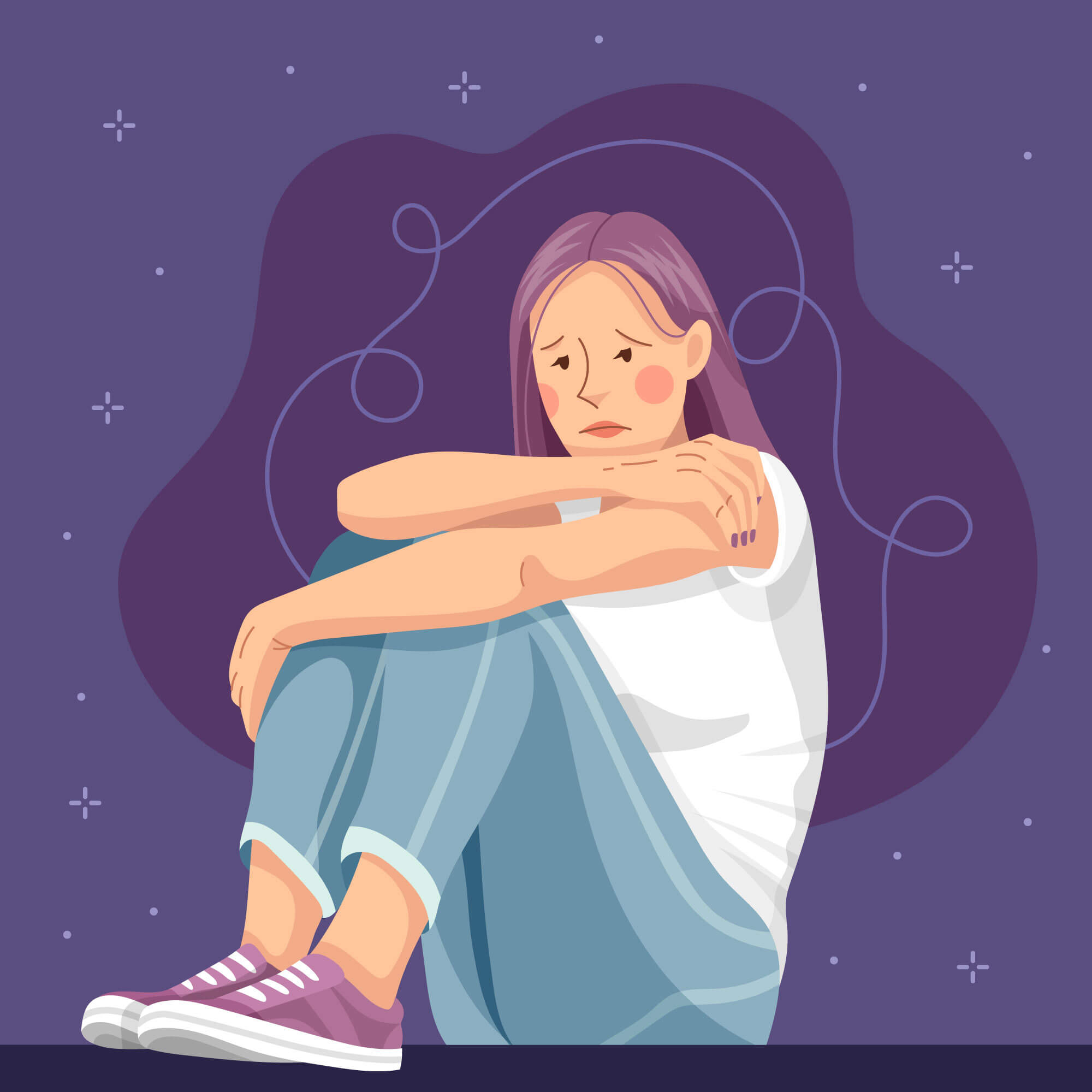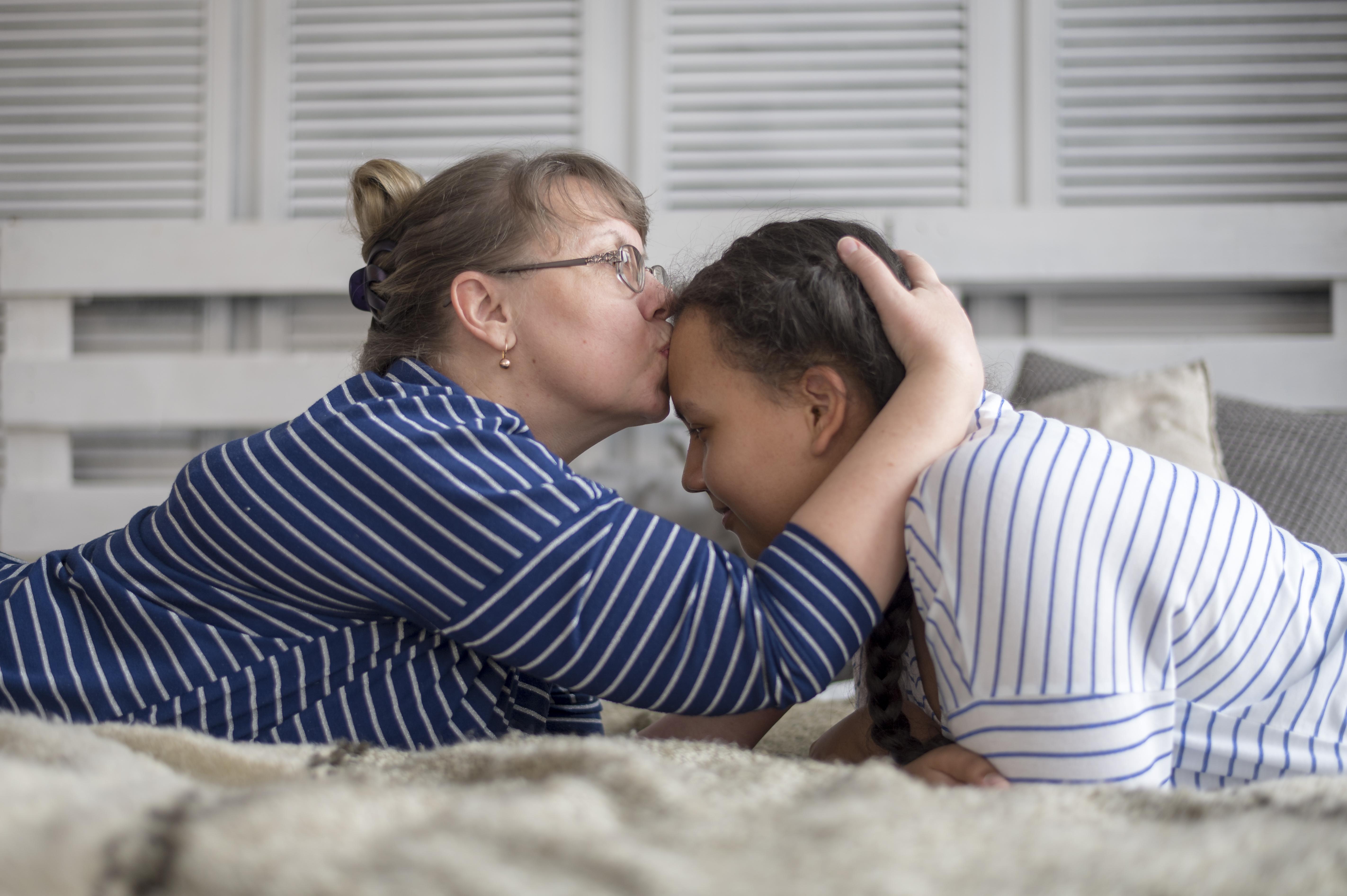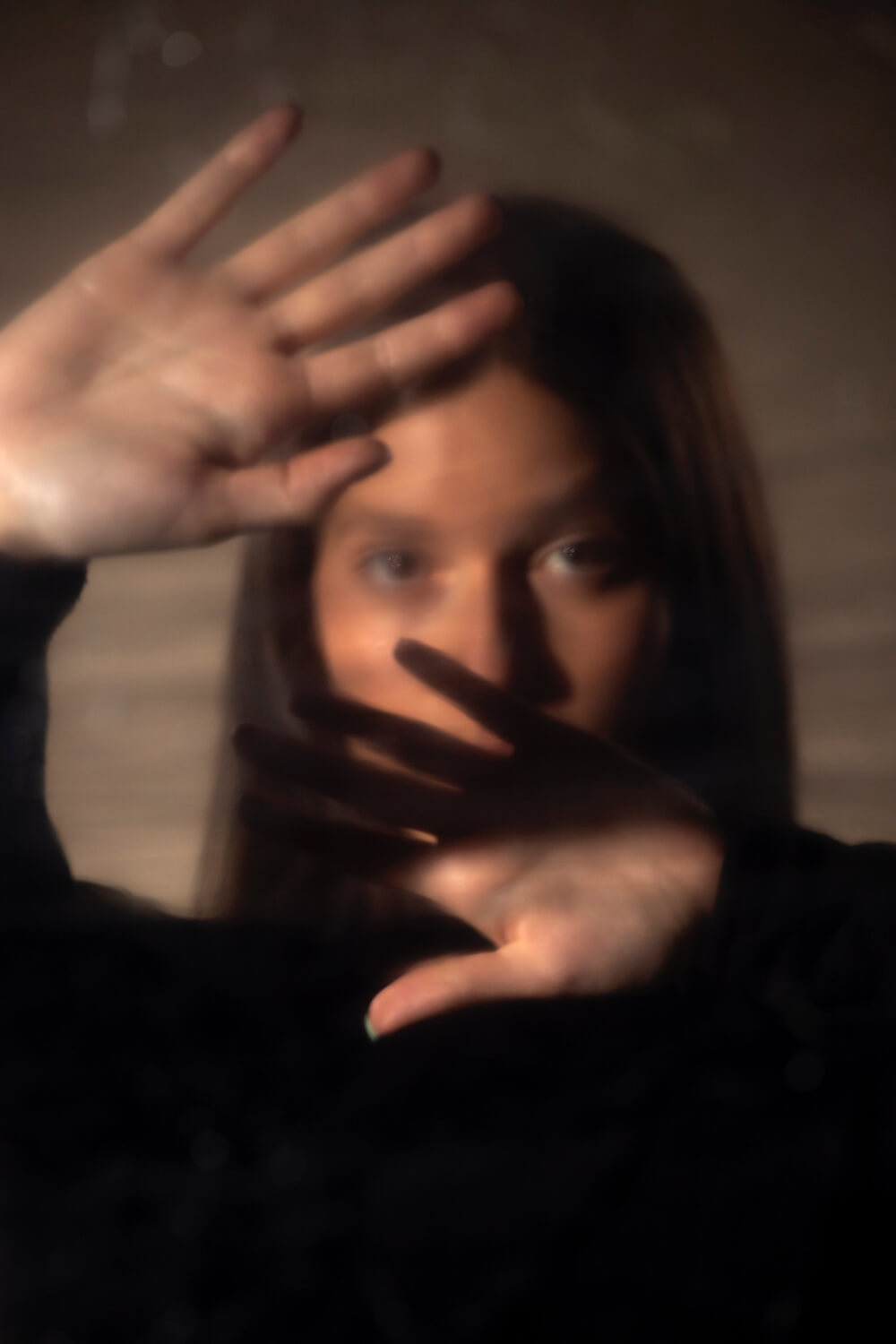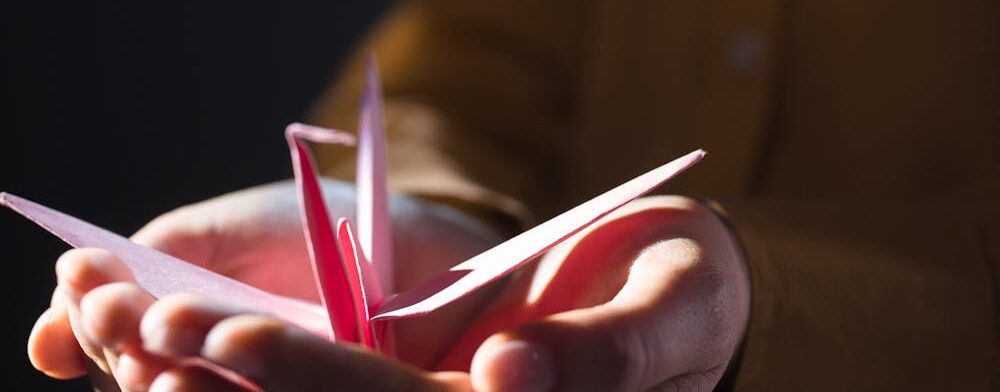I’ve been reflecting on my own thoughts about healing after reading Kim Block’s recent post on this very question. Her words—especially the line, “how do we heal from things no one is ever going to apologize for?”—stayed with me. I carry that question in my body. What follows is a set of reflections about what healing means to me.
I have experienced many well-meaning people suggesting how I, or my children, could heal from school trauma—offering up advice like you need to do something for yourself, get a massage or a manicure, or don’t worry about your kids, they bounce back quick, maybe you just need to go on a nice date with your husband and forget your worries for a night, or maybe it’s too stressful advocating so hard and you should pull back—but what all these suggestions share is a discomfort with grief and a wish to move past the truth of what happened without fully naming it,
I believe healing cannot begin from the outside in, it must begin with naming what is real, even when the reality is unbearable and ugly. I don’t think we can heal through optimism alone, or from some new small olive branch extended from the district.
-
The path to justice: legal versus public record
The courts may offer compensation, but rarely truth. The legal path demands silence in exchange for settlement. The public path asks you to speak while you’re still bleeding. Neither is easy. But only one builds a record that helps the next family survive.
When schools harm and civility protects the violence
School meetings are often the same: a compliment sandwich with a betrayal in the center. They offer a long, patronising monologue about how resilient and delightful your child is, how far he’s come, how much they love having him in the building—while in the same breath they withdraw the supports that kept him afloat, as if praising his spirit can compensate for the removal of crucial support or accommodations.
They can sense your unease, and they try to minify the decision, like this is only for the spring, or it’s an opportunity for growth and if he doesn’t do well, we can certainly reconsider.
They treat this like it is entirely a one time affair, like this isn’t a pattern of betrayal that has been accumulating trauma within your child for years! Their amnesia is unbearable! This morning, Google Photos offered up a memory—an image of your child before the betrayals began, before the tiredness set in, before the sparkle dimmed—and something in you broke. You saw it in the light on his face, in the way he held his body, and your chest constricted with the sickening contrast between who he was and what this system has done to him. The photo screams, he wasn’t always like this—look what they took from him.
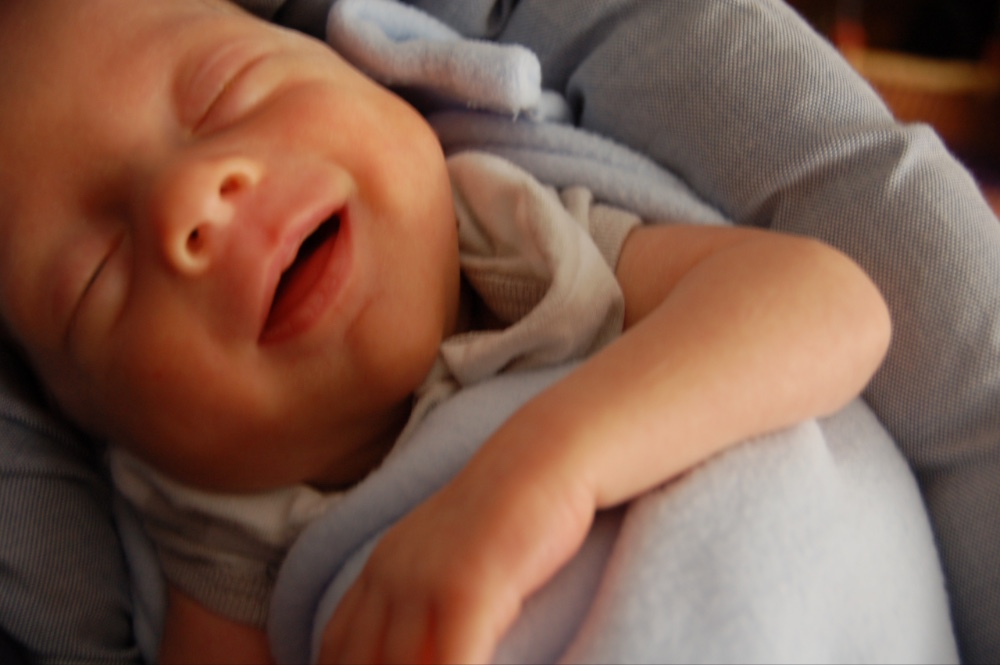
And in that moment—when your heart is breaking, your hands are shaking, and your voice is rising—you must remain calm, because any crack in your composure will be used to paint you as unstable, combative, too much. You are forced to witness brutal, deliberate harm, administered through repetition and euphemism, cloaked in laminated optimism and institutional warmth, and still you are expected to thank them for the meeting.
Healing from this kind of betrayal is going to take more than a breathing exercise or a stress ball. The horrible feelings stay trapped in your body, caught at the back of your throat just before they are spoken, silenced in the name of protecting your child. And those unsaid words—those swallowed truths—do not dissipate; they boil. They become a kind of slow poison that lives in your chest, rising again and again, threatening to spill.
Healing must begin, with permission to say what happened plainly.
-
Shattered pathways of parent advocacy in BC’s public schools
It’s time to riot in the streets. We have tried everything else and our children are still being hurt. The existing systems of appeal and escalation are ineffective, more focused on preserving the institution than delivering justice. It’s time to end the engineered…
The failure of surface solutions
I have done years of therapy, sought advice, wondered whether I might be catastrophising, personalising, overgeneralising—whether my exhaustion is due to poor self-care, whether my heartbreak is an unhelpful belief.
I understand what cognitive behavioural therapy is trying to do, and I respect its intention to equip people with tools for managing intrusive thoughts or maladaptive patterns, but it’s offered limited utility in managing watching your children be slowly tortured—perhaps because what I needed was not a strategy for calming my body while I was being retraumatised, but rather a container for rage and grief and an audience willing to believe that my experience was real.
The gift of the group
Group therapy remains one of the most powerful experiences of my life.
It came after the premature birth of my twins—too early, too small—their arrival tearing through every fragile coping mechanism I had built, and I was spiralling, unable to hold myself together, my ADHD strategies shredded, my nervous system aflame with a full-body flare of complex PTSD that refused to subside.
It was like I woke up inside the wreckage—after after a lifetime of masking, dissociation, and depersonalisation, of shape-shifting to meet other people’s expectations so convincingly I no longer knew who I was, or even whether I wanted to be alive. Something in me broke open, and there was no resealing it.
I didn’t think I would like group therapy. I am an introvert in the deepest and most private sense—a person who reveals very little and conceals very well, who intellectualises more easily than she cries, who flinches at meditation and loathes anything vaguely new age, who can offer empathy but struggles to accept it. I thought I would hate it. I was wrong.
In that room sat a man who had been shell-shocked in Afghanistan, a woman whose child had been taken from her and who carried a grief so large it changed the air in the room, a person who had narrowly avoided a car accident but remained locked in nightmares and panic—and others, too, whose stories bore no resemblance to mine in detail but shared the same shape of rupture, the same nervous system strain, the same relentless hypervigilance, the same bodily evidence that something had happened to us that the world refused to acknowledge.
Each person would speak about what had triggered them that week, how they had managed, and what they might try differently next time. Hearing the experience of others, messy and raw was like some kind of balm, healing my own self-hatred. We witnessed each other with no judgement. It didn’t have to be the highlights. No neat conclusions were gathered or optimistic goals were made. We’d just try to get through the next week.
There was something sacred about hearing a combat veteran whisper that he could no longer step into crowded elevators. Something devastating and clarifying about watching a woman tremble as she described her panic watching her child swim. Something life-saving about speaking my own truth aloud—slowly, awkwardly—in a room that did not recoil and stone me. I told them I thought I was a bad mother, and they did not contradict me or jump to find the silver lining. They listened carefully, and I got to be who I really was—at least in that one room—and I was still allowed to stay.
It mattered more than I can ever explain to see this pain etched onto so many different kinds of people. It mattered to realise that trauma does not discriminate. And it mattered to connect—to recognise, together, that the world had stopped being safe for all of us, in different ways, and that this rupture was real, and permanent, and worth grieving.
-
Procedural policing of pain: what happens if I keen?
Keening—the sad, piercing wails often heard at a funeral for a child—is a human expression, older than the rules we follow or the schools we enter. It is what happens when grief overwhelms language, when memory floods muscle, when there is nothing left…
What we are forced to hide in schools
It is the forced politeness that deranges us, the enforced ‘civility’ that breaks us, the institutional obsession with tone and timing and phrasing and process that drives us toward madness because what we are enduring is in fact unendurable, and still we are told to behave, to sit straight in plastic chairs under fluorescent lights and explain—calmly, constructively, ideally with gratitude—why our children are collapsing, why our families are disintegrating, why we have begun to fantasise about death, vengeance, rupture, and escape.
I think often of the monstrous mothers from myth, the ones whose grief has fangs and whose pain smells like blood, Grendel’s mother dragging men into the swamp, Error from The Faerie Queene vomiting her young in a spasm of reproductive horror, the thousand-eyed babies crawling over her, oozing bile and accusation.
These stories are prophecy, the underworld we enter when institutions demand our docility in the face of our children’s destruction, and of course the thoughts get dark! Of course you imagine hurling a desk or slamming the principal’s head into the whiteboard or setting the meeting room ablaze, and of course you imagine leaving too, imagine the quiet of no longer existing, imagine erasing yourself in the hope that it might erase the pain.
Still you show up, dissociated, practised, careful, smiling through nausea and trembling through policy review, because the cost of telling the truth is banishment, and the cost of banishment is worse, and so you rehearse the choreography of the good mother while your insides scream, and this is what breaks us, this relentless ritual of self-erasure that is praised as professionalism and demanded as the price of admission to meetings that were never designed to offer justice.
-
Institutional gaslighting of caregivers
You refuse to forget, because forgetting would mean abandoning your child’s reality—and you have already watched too many adults do that with a straight face and a professional tone. You refuse to downplay what has happened, because the harm is not theoretical—it lives…
What advocacy survivors need
I believe, with every cell in my body, that those of us who have endured the endless betrayals of school-based advocacy are desperate to heal, and that we are equally desperate for a model of healing that does not begin by blaming us for being too loud, too triggered, too intense, too protective, or too angry.
We need spaces that welcome our rage as evidence of love, our grief as evidence of clarity, our collapse as evidence of cumulative harm. We need spaces that do not tell us to calm down but rather ask us to speak up, to wail if needed, to name the thing that happened and to be met with recognition.
And we need these spaces to be rooted in truth—not the polished narratives favoured by institutional leaders, not the smoothed-over language of reconciliation or progress or team-building, but the rough, unrevised stories we carry in our bodies, the truths that burn our throats when we try to swallow them, the memories we learned to mute because they did not align with what professionals expected us to feel.
Perhaps what we need—what I need again—is a group like the one I sat in all those years ago, only this time for the trauma of educational betrayal, for the parents who advocated until their children broke. For the families who did everything right and still ended up shattered, shamed, or excluded.
-
You’re not wrong: reflections on motherhood and advocacy
This piece is for the mothers who have become unrecognisable to themselves in the…
The power of gathering
Groups matter—real groups, in rooms, with chairs that touch and voices that interrupt and tissues passed hand to hand—because there is something about in-person gathering that refuses abstraction, that pulls our stories out of screens and makes them undeniable, that returns the body to its place at the centre.
School-based trauma is not theoretical, it is intimate and ambient and chronic and physical, and when we are together—when we hear someone else use the word “moral injury” and feel our own stomach clench in recognition, or when someone says “I wanted to die after that meeting” and we realise we never said it aloud but we thought it too—something begins to shift, because healing often begins with echo, with resonance, with the involuntary gasp of me too,and when we are in the same room, we are harder to silence, harder to gaslight, harder to atomise, and that is what they fear.
Institutions thrive on our isolation and our self-blame and our compulsive re-analysis of tone and wording and escalation, but when we gather, we begin to see the pattern, and when we see the pattern, we begin to name it, and when we name it together, it stops being a private failing and becomes a collective injury, and from that injury we can begin to build something else.
Words to set us free
There comes a moment—sometimes sudden, sometimes years in the making—when a parent who has spent months or even decades believing she has simply failed to manage, failed to connect, failed to phrase things correctly, failed to get the timing right, failed to be calm enough, strategic enough, gracious enough, finally encounters the vocabulary of oppression.
She finds the language of gaslighting, coercive control, institutional betrayal, moral injury, epistemic injustice, tone policing, gatekeeping, deferral, forced compliance, surveillance, proceduralism, goalpost shifting, and the quiet annihilation of dignity disguised as “support”—and in that moment, the entire past reshapes itself around the clarity of new understanding.
All those meetings, those emails, those side glances and “just a suggestion” moments, those withdrawn supports and denied assessments and casually delayed responses, all of it reclassifies itself as symptoms of a system designed to produce helplessness and extract gratitude. A system designed to exhaust and designed for despair.
You were simply outnumbered, and without the language to name the harm, you mistook it for your own weakness—and now you are learning to speak fluently, and that fluency is liberation, because once you learn to name the violence, you can begin to place it outside yourself, and once it is outside yourself, you can begin to resist it, and once you begin to resist it, the gaslight flickers, and once the gaslight flickers, the whole institution begins to feel a little less invincible.
-
Epistemic silencing of disabled children’s primary caregivers
Epistemic silencing in BC schools discredits mothers’ knowledge, reframes advocacy as aggression, and erases disabled children’s pain, leaving families punished for truth.
What healing looks like now
I’ve been slowly reading the testimonials from the Truth and Reconciliation Commission. As someone with hyperphantasia, it takes time to wade through the pain—because I see it all, vividly, unbearably—and for a moment, I understand why institutions fear honesty. The truth, once seen clearly, becomes uncontainable.
I believe, with a kind of bone-deep certainty, that the whispered stories passed between parents in forums, in quiet corners of Facebook groups, in nervous direct messages we hesitate to send—those stories must become part of the public record. They belong in newspapers and hearings, podcasts and protest signs, televised debates and school trustee campaigns, national policy conversations, sidewalk chalk, literature, visual art, and theatre. Every medium must carry this truth.
Because until we go public, the institution continues to own the narrative. It continues to cast itself as caring and overburdened, well-meaning and under-resourced. It continues to deflect critique by positioning our children as too complex, our emotions as too intense, our expectations as too high, our responses as too extreme.
It is only when the pattern becomes visible in volume—when the same story is spoken aloud in Kamloops, in Vancouver, in Victoria, in Prince George, and in every small town in between—that the public can finally begin to see that the harm is not anecdotal or accidental or rare, but designed, enforced, and replicated by a system that demands obedience and punishes dissent, holding our children hostage.
This will be messy work—grief-soaked, collective, unruly, and urgent. It will require a sea change in the very institutions that authored these harms. And by sharing our stories, in all their unbearable clarity, we reveal just how necessary that change truly is.
-
A thousand cranes, a thousand truths
When I was a little girl, I folded cranes. Hundreds of tiny, meticulous, brightly patterned creatures, each creased into being by the stubborn, lonely determination of a child who could sense that the world was coming undone and wanted, somehow, to hold it…

